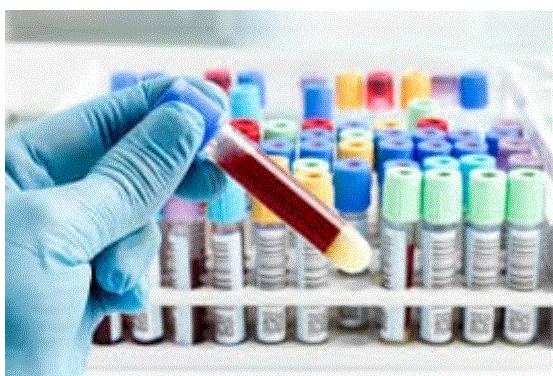
General
This 87-Year-old woman donated her body so doctors could slice it into 27,000 pieces: Susan Potter donated her body to science, and have it sliced into 2700 slices, showing every detail of her diseases and pathology, including a titanium hip. “And, unusually, Potter’s personality will also be part of how future medical students encounter her corpse.” She donated her body, thinking that she would die soon. Instead “She lived another 15 years, during which every bit of her life was documented. It’s now part of the Visible Human Project, an effort to create digital cadavers that students can dissect on their computer screens, over and over again. But unlike previous cadavers in the project, Potter’s will come with video recordings of her in life, talking about her illnesses and the medical decisions that left their marks on her body.”
Men get postnatal depression too, and as the mother’s main support, they need help:It is true that the rate of depression for new fathers, estimated at 10%, is around half that of mothers. But that still amounts to more than 30,000 babies who start life each year with a father who is miserable and irritable on top of the normal fatigue and stress that come with a newborn. This has negative short- and long-term effects on the mother and child. But having a stressed and depressed father can have serious implications for infants and relationships. These dads are more likely to be withdrawn and speak with less warmth to their infant. Compared to those who are well, fathers who are depressed are also more likely to use physical discipline on even one-year-old babies and participate less in tasks such as reading storybooks. We now know this can lead to long-term consequences for the child. Compared to children of fathers without signs of depression, those whose fathers show signs of depression in the first year will have three times the risk of behavioural problems in preschool and twice the risk of mental health problems once at school. And fathers’ mental health affects that of mothers. When the predictors of mothers’ depression are examined, fathers’ mental health stands out among the most influential.
Update: More evidence supports delaying school start times for sleep-deprived teens: “Data collected over the years certainly seems to be triangulating on the conclusion that if you allow kids to sleep more, they will do better in school and live healthier and safer lives.”
Finally, a scientific test can prove Chronic Fatigue Syndrome: “It has been described variously as a chronic disease, a psychiatric disorder and a figment of the imagination but now research has finally succeeded in identifying biomarkers that confirm and quantify the existence of chronic fatigue syndrome (CFS). CFS, or myalgic encephalomyelitis, is characterised by persistent fatigue over a long period, which significantly impacts quality of life. The fatigue is unrelated to levels of physical activity. Medication and therapy have little effect. Now researchers at Stanford University in California have identified 17 proteins involved in immune system signalling that signify the presence of the condition. The concentration of the proteins, or cytokines, in the bloodstream correlate exactly with the severity of symptoms.”
Thanks to Science
Perth company gains global recognition for ‘revolutionary’ new cancer technology: A device developed by an Australian start-up may help surgeons ‘feel’ tumours in breast tissue – an important part of tumour resection. “I find it incredible, as an engineer, that we’ve got all of this marvellous technology in the world but when it comes to such a critical decision in a surgery, the surgeon is still using what they were using hundreds of years ago.”
Todays Abused Health Concept
Medical marijuana to treat glaucoma – CBD in marijuana may worsen glaucoma, raise eye pressure: Glaucoma is a group of diseases resulting in optic nerve damage and vision loss. One of the major risk factors for glaucoma is increased intraocular pressure. The Medical Marijuana (MM) community is known for claiming marijuana as a panacea cure all, believing that it will be useful and safe in almost any condition. Marijuana is regularly promoted to treat Glaucoma, as THC can reduce intraocular pressure. However a new study has found that the CBD in marijuana actually increases intraocular pressure, worsening risk of glaucoma and opposing any potential benefits from the THC.
Great Moments in Health and Science
Curing Hepatitis C: What are the new Hep C treatments? New direct-acting antiviral drugs in the past few years have a 95% cure-rate for Hepatitis C, with fewer side-effects than previous treatments.